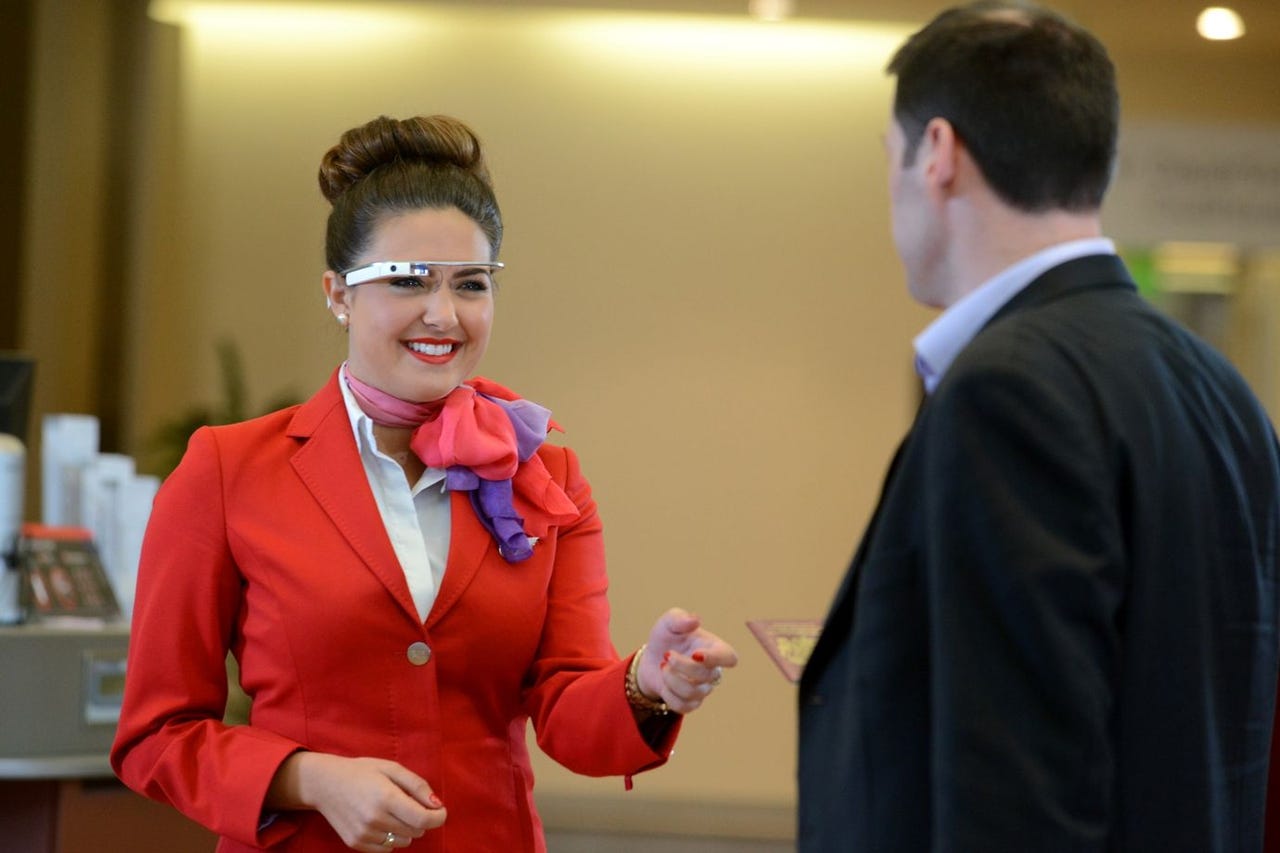Innovation
How one airline plans to use Google Glass
Virgin Atlantic putting Google Glass to work. Here's how.


Virgin Atlantic announced a new pilot project to put Google Glass to work at London's Heathrow Airport. The company plans to equip its concierge staff in its "upper class wing" with the wearable technology. Here's how Virgin Atlantic envisions staff incorporating Glass:
From the minute Upper Class passengers step out of their chauffeured limousine at Heathrow’s T3 and are greeted by name, Virgin Atlantic staff wearing the technology will start the check-in process. At the same time, staff will be able to update passengers on their latest flight information, weather and local events at their destination and translate any foreign language information. In future, the technology could also tell Virgin Atlantic staff their passengers’ dietary and refreshment preferences – anything that provides a better and more personalised service.
The company says it's deploying the technology as an attempt to reverse the trend of flying being "less glamorous than it used to be."
But, obviously, that's a pretty exclusive service, just like the "Explorer" program that gave a select few the opportunity to be first to try out (and buy) the new technology. Though it makes sense to use Glass with the few elite passengers on a flight, I'm skeptical that Glass can have a major impact on service efficiency for the average passenger, especially since the first generation is too slow to be useful for scanning boarding passes.
After six weeks the Virgin Atlantic program will be evaluated and a decision will be made whether to expand the use of Google Glass. If I'm being optimistic, maybe this project will reveal other, broader applications for the technology.
Still, this isn't the only way wearable technology could help travelers and the travel industry:
- World Lens is a new app for Glass that can translate foreign language text on anything from signs to menus for foreign travelers.
- Disney is using MagicBands to make the theme park experience more personalized.
- Glass could make tracking down lost bags at airports more efficient.
- And you can thank Glass when your social media accounts are flooded with pictures and videos from vacations your friends take.
Photo: Virgin Atlantic
More on Google Glass:
More on Google:
This post was originally published on Smartplanet.com